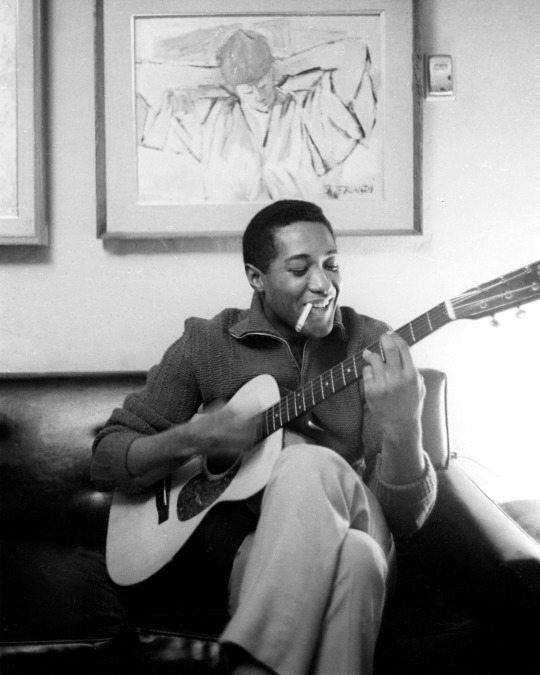#Sam Cooke
Explore tagged Tumblr posts
Text
youtube
Bring it on home to me - Same Cooke

Record Tree
By Rob Quinn
75 notes
·
View notes
Text


281 notes
·
View notes
Text

So handsome and talented. Sam Cooke in a Los Angeles recording studio in 1960.
244 notes
·
View notes
Text
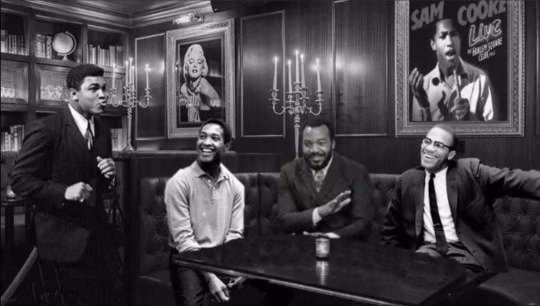
Muhammad Ali, Sam Cooke, Jim Brown, and Malcolm X 1964.
#muhammad ali#sam cooke#jim brown#malcom x#blacktumblr#black history#black liberation#african history
545 notes
·
View notes
Text
Idk anymore man
#bugs tw#insects tw#okay so uh#cassandra moore#father elijah#major dhatri#sam cooke#edward sallow#legate lanius#siri fnv#craig boone#veronica santangelo
258 notes
·
View notes
Text

Black Love: she dreams of Black Heroes.....
#black love#black man#black woman#revolution#africa#malcolm x#marvin gaye#sam cooke#Otis Redding#sleeping
202 notes
·
View notes
Text
Another Day / Oh Woman Oh Why / God / Remember
'...in our songwriting, I had signs that the group was gonna break up...'
(Paul McCartney, April, 1985, interview on German television show Exclusiv)
8th April 1970
I told John on the phone the other day that at the beginning of last year I was annoyed with him. I was jealous because of Yoko, and afraid about the break-up of a great musical partnership. It’s taken me a year to realise that they were in love. Just like Linda and me.
(Paul McCartney, interview, Evening Standard, April 21-22, 1970)
So he rang me up that day and said I’m doing what you and Yoko are doing, I’m putting out an album, and I’m leaving the group too, he said. I said good. I was feeling a little strange, because he was saying it this time, although it was a year later, and I said “good,” because he was the one that wanted the Beatles most, and then the midnight papers came out.
(John Lennon, interview with Jann Wenner for Rolling Stone)
9th April 1970
Q: "Did you enjoy working as a solo?" PAUL: "Very much. I only had me to ask for a decision, and I agreed with me. Remember Linda's on it too, so it's really a double act." … Q: "Did you miss the other Beatles and George Martin? Was there a moment when you thought, 'I wish Ringo were here for this break?'" PAUL: "No." ... Q: "Are you planning a new album or single with the Beatles?" PAUL: "No." … Q: "Is your break with the Beatles temporary or permanent, due to personal differences or musical ones?" PAUL: "Personal differences, business differences, musical differences, but most of all because I have a better time with my family. Temporary or permanent? I don't really know." Q: "Do you foresee a time when Lennon-McCartney becomes an active songwriting partnership again?" PAUL: "No." … Q: "What are your plans now? A holiday? A musical? A movie? Retirement?" PAUL: "My only plan is to grow up!"
(Paul McCartney, press release 'McCartney')
(Btw, Stuart Sutcliffe died 10th April 1962)
17th April 1970 - McCartney album released
April 21-22, 1970 - interview Paul McCartney in Evening Standard
Last year John said he wanted a divorce. All right, so do I. I want to give him that divorce. I hate this trial separation because it’s just not working. Personally, I don’t think John could do the Beatles thing now. I don’t think it would be good for him.
(Paul McCartney, Evening Standard, April 21-22, 1970)
On the eve of the release of the Beatles new movie and album “Let it Be,” Paul McCartney said, “I quit,” or “I think I quit,” which is roughly the same thing. As a publicity stunt, it’s as good or bad as any stunt they ever appeared to pull. But like every stunt they never did pull, this isn’t one either. McCartney’s declaration of independence was entirely impromptu, spontaneous and personal… <…>
I guess the way it stacks up now and the way it was around the time when Paul dropped the big on is that he wants right out of it all and they don’t.
(The Party's Over for the Beatles by Derek Taylor)
April 30, 1970, interview for Rolling Stone
A: No one has mentioned anything about doing another Beatles album. <…> Q: What about your relationship with John? He tells me that you haven’t spoken to him in two months. A: I don’t know really. Normally I would phone him or go out to Weybridge and visit him, as I have done a lot in the past. I was that kind of person. But now I don’t go out at all and I don’t bother looking for it any more. I would rather be in bed than at the clubs. He hasn’t called me and I haven’t called him but it doesn’t mean anything. We haven’t had an argument. John is very busy at the moment. I don’t like to be busy. I don’t feel the need to. Neither of us really want to talk to each other at the moment. If we run into each other at Apple or we are making a record, I would see him but otherwise I really don’t call him. That is the way it has always been. In fact, the truth of the matter is we just haven’t called each other up lately. I don’t really think about it. I will see him when I see him. And I love him just the same.
*Btw, on the cover of Rolling Stone №58 (April 30, 1970) Paul wear well known (and not only us) shirt - just like starting over, yeah*
April 1970, London John and Yoko undertook primal therapy
*Great post about Arthur Janov and his Primal Scream therapy*
As I realised this it all started to fall into place. This therapy forced me to have done with all the God shit. All of us growing up have come to terms with too much pain. Although we repress it, it’s still there. The worst pain is that of not being wanted, of realising your parents do not need you in the way you need them.
(John Lennon, The Lost John Lennon Interview by Tariq Ali and Robin Blackburn)
13th May 1970 US première of Let It Be film20th May 1970 UK première of Let It Be film
John and Yoko went to Los Angeles for four months of intensive therapy with Dr. Arthur Janov (June through September)
John Lennon was in a movie theater, crying. The image of Paul, singing from the rooftop in the final ten minutes, had set him off. Jann Wenner shifted in his seat. In the darkness of a tiny movie house in San Francisco, the Beatle, Wenner’s hero, whose iconic spectacles and nose adorned the first issue of his rock-and-roll newspaper, Rolling Stone, had tears running down his cheeks as light flickered off his glasses. And next to him was Yoko Ono, the bête noire of Beatledom, raven hair shrouding her porcelain face, also weeping. It was a Saturday afternoon in the spring of 1970, and John and Yoko and Jann and his wife, Jane Wenner, were watching the final scenes of Let It Be, the documentary about the Beatles’ acrimonious last recording session. John and Yoko were deep into primal scream therapy, their emotions raw and close to the surface, and the image of a bearded Paul McCartney singing from the rooftop of Apple Records, against a cold London wind, was too much to bear. Get back to where you once belonged… <…> “And it’s just the four of us in the center of an empty theater,” marveled Wenner, “all kind of huddled together, and John is crying his eyes out.” Lennon and Ono had driven up from Los Angeles to meet the San Francisco fanboy who had bottled the counterculture and now commanded 200,000 readers. Wenner received the couple like visiting royalty to his spanking-new offices on Third Street… <…> When they got out to stretch their legs on Polk Street at four in the afternoon—the skies overcast, not a soul on the sidewalk—they chanced upon a little movie house showing a matinee of the Beatles film Let It Be. Wenner figured John Lennon of all people had seen it, but he hadn’t. Just as surprising, the woman selling tickets didn’t recognize Lennon—another bearded hippie who looked like John Lennon—and none of the half a dozen people in the theater noticed that John and Yoko themselves had ducked in. “It was so emotional to see Paul up on the roof and singing,” recounted Jane Wenner. “First of all, it was hard to believe John had never seen it before. And he was so taken aback.” An hour later, blinking in the evening light, Jann and Jane Wenner were crying, too. They began to hug, all four of them, on the sidewalk. “He’s crying, she’s crying, and we’re just trying to hold on to ourselves,” Wenner said. “You’re there helping come to the emotional rescue of the Beatles.”
(Sticky Fingers: The Life and Times of Jann Wenner and Rolling Stone Magazine by Joe Hagan, 2017)
August 29, 1970
'Dear Mailbag, In order to put out of its misery the limping dog of a news story which has been dragging itself across your pages for the past year, my answer to the question, “Will The Beatles get together again?” … is no.’
(Paul McCartney in Melody Maker)
Ev'ry day she takes a morning bath she wets her hair, Wraps a towel around her as she's heading for the bedroom chair It's just another day <…> So sad, so sad, Sometimes she feels so sad <…> As she posts another letter to the sound of five, People gather 'round her and she finds it hard to stay alive. It's just another day…
(Another Day, written circa 1968, was recorded 12 October 1970 and was completed on 21 January 1971 at Studio CBS Studios, New York City)
15 September 1970 John and Yoko returned from US in GB
26 September – 23 October 1970 John and Yoko recorded John Lennon/Plastic Ono Band
9th October 1970, his 30th birthday, John records Remember
10th October 1970
The night after ‘Remember’ was recorded, Lennon invited his father Alf to dinner at Tittenhurst Park. Alf Lennon brought his young wife Pauline and their 18-month-old son David Henry Lennon.
Alf later described the event in a four-page handwritten statement which he sent to his solicitor.
'He launched into an account of his recent visit to America, and as the story unfolded, so the self inflicted torture began to show in his face, and his voice rose to a scream as he likened himself to Jimi Hendrix and other pop stars who had recently departed from the scene, ending in a crescendo as he admitted he was ‘Bloody mad, insane’ and due for an early demise. It seemed he had gone to America, at great expense to have some kind of treatment through drugs, which enabled one to go back and relive from early childhood the happenings, which in his own case, he should have been happier to forget. I was now listening to the result of this treatment as he reviled his dead mother in unspeakable terms, referring, also, to the aunt who had brought him up, in similar derogatory terms, as well as one or two of his closest friends. I sat through it all, completely stunned, hardly believing that this was the kind considerate ‘Beatle’ John Lennon talking to his father with such evil intensity… There was no doubt whatsoever in my mind, that he meant every word he spoke, his countenance was frightful to behold, as he explained in detail, how I would be carried out to sea and dumped, ‘twenty – fifty – or perhaps you would prefer a hundred fathoms deep.’ The whole loathsome tirade was uttered with malignant glee, as though he were actually participating in the terrible deed.'
(Alfred Lennon)
Well, I met her at the bottom of a well (Of a well) Well, I told her I was trying to break a spell (Break a spell) But I can't get by, my hands are tied I don't know why I ever got her to try myself 'Cause I can't get by, my hands are tied <…> Well, I'm fed up with your lying, cheating ways (Cheating ways) But I get up every morning and every day (Every day) But I can't get by, my hands are tied I don't why I want her to try myself 'Cause I can't get by, my hands are tied Oh, woman, oh why, why, why, why, why What have I done? Oh, woman, oh, where, where, where, where, where Did you get that gun? Woman, what, hey, what have I done? Oh, what have you done?Woman what have I done?
(Oh Woman Oh Why, was recorded 3 November and 6-11 December 1970 at Studio CBS Studios, New York City)
We used to get asked at press conferences, 'What are you going to do when the bubble bursts?' When I talked to John just the other day, he said something about, 'Well, the bubble's going to burst.' And I said, 'It has burst. That's the point. That's why I've had to do this, why l had to apply to the court. You don't think I really enjoy doing that kind of stuff. I had to do it because the bubble has burst - everywhere but on paper.' That's the only place we're tied now. <…> I first said, 'No, we can't do that. We'll live with it.'
(Paul McCartney, April 16th 1971, interview with Richard Merryman for Life Magazine)
In January 1969, we were making a film in a studio at Twickenham, which was dismal and cold, and we were all getting a bit fed up with our surroundings. In front of the cameras, as we were actually being filmed, Paul started to ‘get at’ me about the way I was playing. I decided I had had enough and told the others I was leaving. This was because I was musically dissatisfied. After a few days, the others asked me to return and since I did not wish to leave them in the lurch in the middle of filming and recording, and since Paul agreed that he would not try to interfere or teach me how to play, I went back. Since the row, Paul has treated me more as a musical equal. I think this whole episode shows how a disagreement could be worked out so that we all benefited. I just could not believe it when, just before Christmas, I received a letter from Paul’s lawyers. I still cannot understand why Paul acted as he did.
(George Harrison, 'The Beatles Diary Volume 2: After The Break-Up 1970-2001' by Keith Badman)
I was shocked and dismayed, after Mr. McCartney’s promises about a meeting of all four Beatles in London in January, that a writ should have been issued on December 31. I trust Paul and I know he would not lightly disregard his promise. Something serious, about which I have no knowledge, must have happened between Paul’s meeting with George in New York [at the start of December] and the end of December.
(Ringo Starr, 'The Beatles Diary Volume 2: After The Break-Up 1970-2001' by Keith Badman)
8th December 1970 John and Yoko give interview known as Lennon Remembers (was publishedlater, in January 1971)
11th December 1970 was released John Lennon/Plastic Ono Band
God is a concept by which we measure our pain I'll say it again God is a concept by which we measure our pain, yeah Pain, yeah
I don't believe in magic <…> I don't believe in Elvis I don't believe in Zimmerman I don't believe in Beatles
I just believe in me Yoko and me And that's reality
The dream is over What can I say? The dream is over Yesterday I was the dream weaver, but now I'm reborn I was the Walrus, but now I'm John And so dear friends, you'll just have to carry on The dream is over
(God, was recorded 26 September – 23 October 1970, was released 11 December 1970)
*something about the dream*
She [Yoko] spoke in a really tiny voice, and she always referred to the Beatles in a peculiar, impersonal third-party way: “Beatles will do this, Beatles will do that,” never failing to leave off the “The.” That used to really irritate Paul. On occasion, he’d even try correcting her: “Actually, it’s the Beatles, luv,” but she persistently ignored him.
(Geoff Emerick in Here, There and Everywhere about recording Abbey Road)
Remember when you were young How the hero was never hung Always got away
Remember how the man Used to leave you empty handed Always, always let you down
If you ever change your mind About leaving it all behind Remember, remember today Hey hey
And don't feel sorry The way it's gone And don't you worry About what you've done
Just remember When you were small How people seemed so tall Always had their way Hey hey
Do you remember your ma and pa Just wishing for movie stardom Always, always playing a part
If you ever feel so sad And the whole world is driving you mad Remember, remember today Hey hey <…> Remember, the Fifth of November
(Remember, was recorded 9 October 1970, was released 11 December 1970)
If you ever change your mind/About leaving it all behind is the quote from Sam Cooke’s 1962 song Bring It On Home To Me (Paul and John sang it and recorded solo versions: John on Rock 'N' Roll, Paul on СНОВА В СССР)
The line 'Remember, the Fifth of November' reminds all who grown in England the nursery rhyme: “Remember, remember the fifth of November/Gunpowder, treason and plot/I see no reason why gunpowder, treason/Should ever be forgot.”
'It was just an ad lib. It was about the third take, and it begins to sound like Frankie Laine – when you’re singing ‘remember, remember the fifth of November.’ And I just broke and it went on for about another seven or eight minutes. I was just ad libbing and goofing about. But then I cut it there and it just exploded ’cause it was a good joke.'
(John Lennon, interview with Jann Wenner for Rolling Stone)
'Well, there was this Japanese monk, and it happened in the last 20 years. He was in love with this big golden temple, y’know, he really dug it, like—and you know he was so in love with it, he burnt it down so that it would never deteriorate.
That’s what I did with the Beatles.'
(John Lennon, interview with Alan Smith for NME: At home with the Lennons, August 7th, 1971)
So then we began to talk again about the suit, over and over. I just saw that I was not going to get out of it. From my last phone conversation with John, I think he sees it like that. He said, 'Well, how do you get out?' <…> My lawyer, John Eastman, he's a nice guy and he saw the position we were in, and he sympathized. We'd have these meetings on top of hills in Scotland, we'd go for long walks. I remember when we actually decided we had to go and file suit. We were standing on this big hill which overlooked a loch - it was quite a nice day, a bit chilly - and we'd been searching our souls. Was there any other way? And we eventually said, 'Oh, we've got to do it.' The only alternative was seven years with the partnership - going through those same channels for seven years.
(Paul McCartney, April 16th 1971, interview with Richard Merryman for Life Magazine)
On December 31, 1970 Paul McCartney filed a lawsuit against the other three Beatles – John Lennon, George Harrison, Ringo Starr – and Apple Corps, in London’s High Court, seeking an end to The Beatles’ contractual partnership, and requesting that a receiver should be appointed to manage Apple till the case is settled.
21th January 1971
Rolling Stone publish John and Yoko interview with Jann Wenner: 'I think it’s the best thing I’ve ever done' (about John Lennon/Plastic Ono Band), 'I’m influenced by her music 1000 percent more than I ever was by anybody or anything' (about Yoko), 'I thought Paul’s was rubbish' (about McCartney album), 'the music was dead before we even went on the theater tour of Britain' (about The Beatles), 'I’m a fucking artist, and I’m not a fucking P.R. Agent or the product of some other person’s imagination' (about his, Paul and George contribution in The Beatles music), '…film was set-up by Paul for Paul. That is one of the main reasons the Beatles ended. I can’t speak for George, but I pretty damn well know we got fed up of being side-men for Paul' and 'On top of that, the people that cut it, did it as if Paul is God and we are just lyin’ around there', ''It was another one like Magical Mystery Tour. <…> I was stoned all the time and I just didn’t give a shit…' 'And I knew there were some shots of Yoko and me that had been just chopped out of the film for no other reason than the people were oriented for Englebert Humperdinck' (about Let It Be) After Brian died, we collapsed. Paul took over and supposedly led us. But what is leading us, when we went round in circles? We broke up then. That was the disintegration. <…> 'Paul had an impression, he has it now like a parent, that we should be thankful for what he did for keeping the Beatles going. But when you look back upon it objectively, he kept it going for his own sake. Was it for my sake Paul struggled?' 'That’s what I’m saying: I was the Walrus, whatever that means' etc.
(John Lennon, interview with Jann Wenner for Rolling Stone)
Q: What was your reaction when you read that stuff at the time? A: Oh, I hated it. You can imagine, I sat down and pored over every little paragraph, every little sentence. “Does he really think that of me?” I thought. And at the time, I thought, “It’s me. I am. That’s just what I’m like. He’s captured me so well; I’m a turd, you know.” I sat down and really thought, I’m just nothin’. But then, well, kind of people who dug me like Linda said, “Now you know that’s not true, you’re joking. He’s got a grudge, man; the guy’s trying to polish you off.” Gradually I started to think, great, that’s not true. I’m not really like Engelbert; I don’t just write ballads. And that kept me kind of hanging on; but at the time, I tell you, it hurt me. Whew. Deep.
(Paul McCartney, interview with Paul Gambaccini for Rolling Stone, published 31 Jan 1974)
26 January 1971
At A&R Studios in NYC Paul added to Oh Woman Oh Why the sounds of firing blanks from a revolver.

So, @i-am-the-oyster, I think - both of them
#john lennon#primal scream therapy#primal therapy#arthur janov#jann wenner#paul mccartney#george harrison#ringo starr#the beatles#accidental divorce#interview: paul#interview: john#interview: george#interview: ringo#the songs we were singing#bring it on home to me#another day#oh woman oh why#god#remember#john and paul#john and yoko#paul and yoko#sam cooke#yoko ono#geoff emerick#derek taylor
61 notes
·
View notes
Text



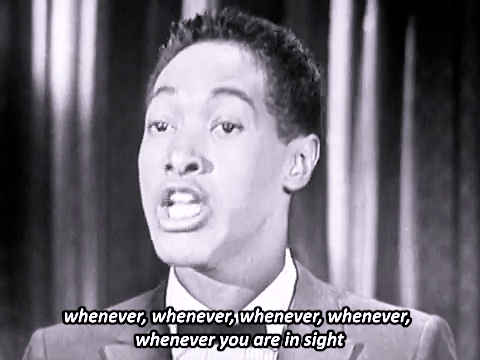
SAM COOKE "[I Love You] For Sentimental Reasons" The Ed Sullivan Show (Dec 1, 1957)
185 notes
·
View notes
Text

Sam Cooke, lovely singer!
67 notes
·
View notes
Text
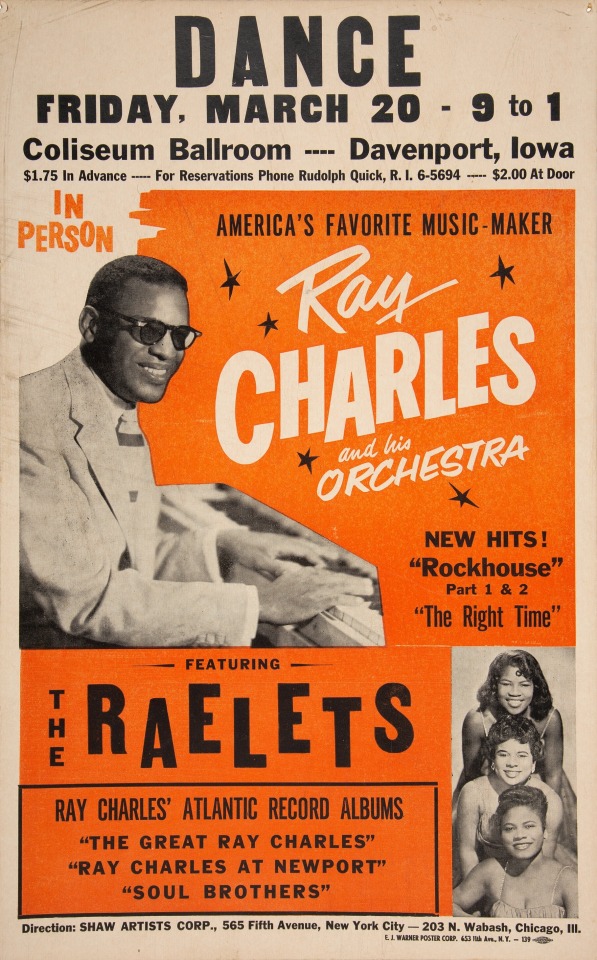
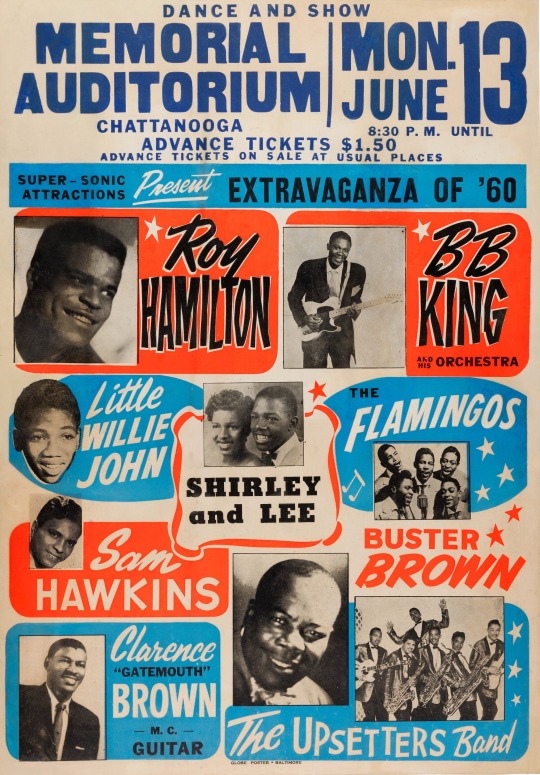
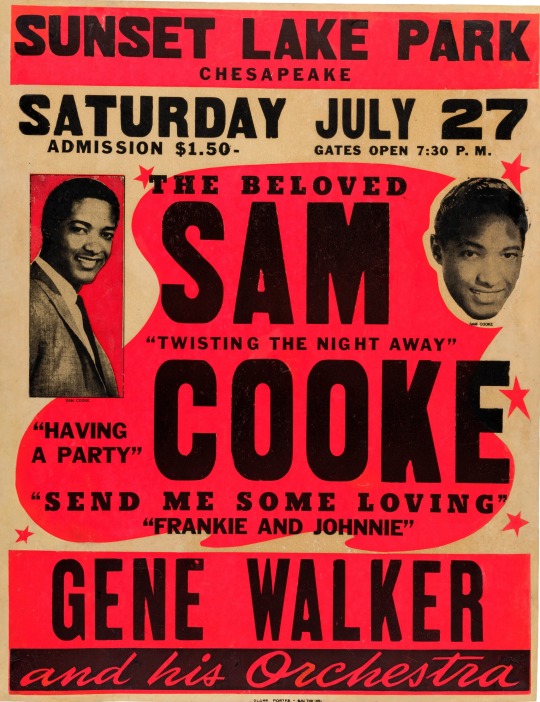
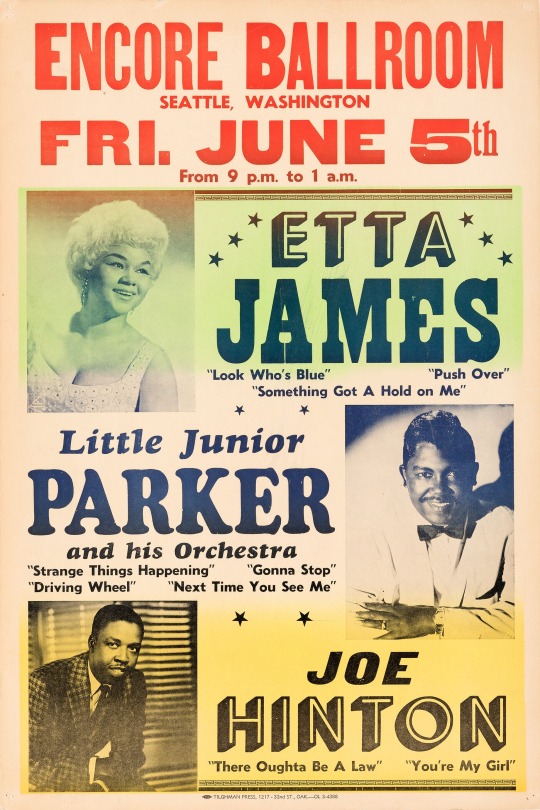
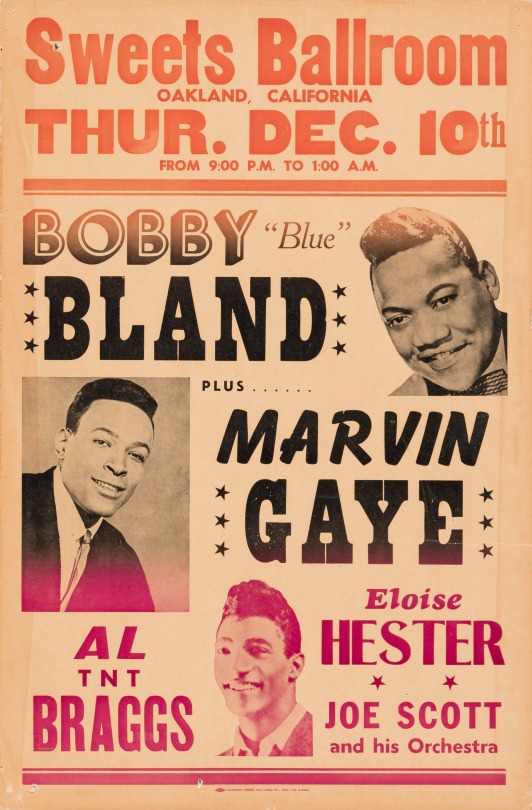
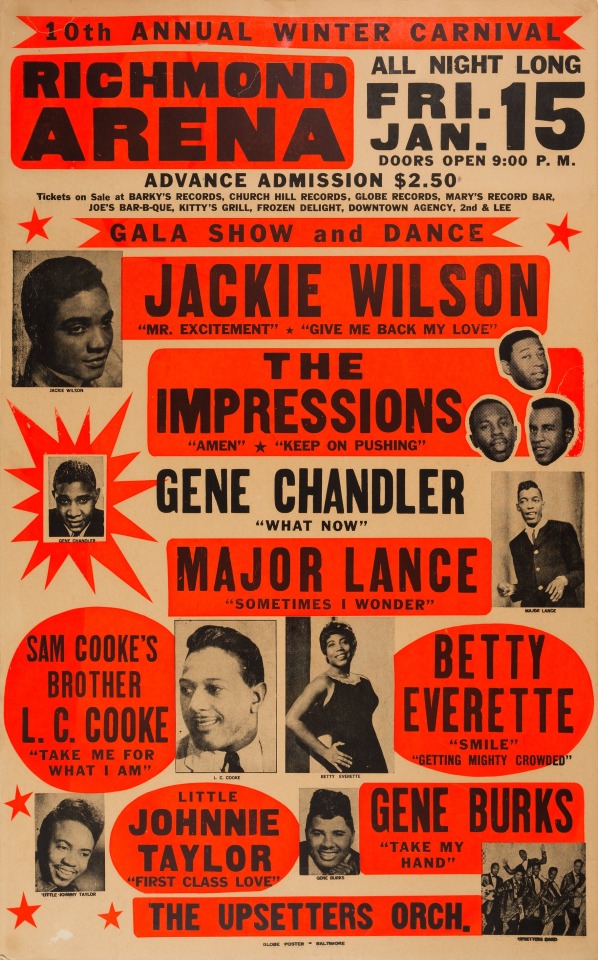
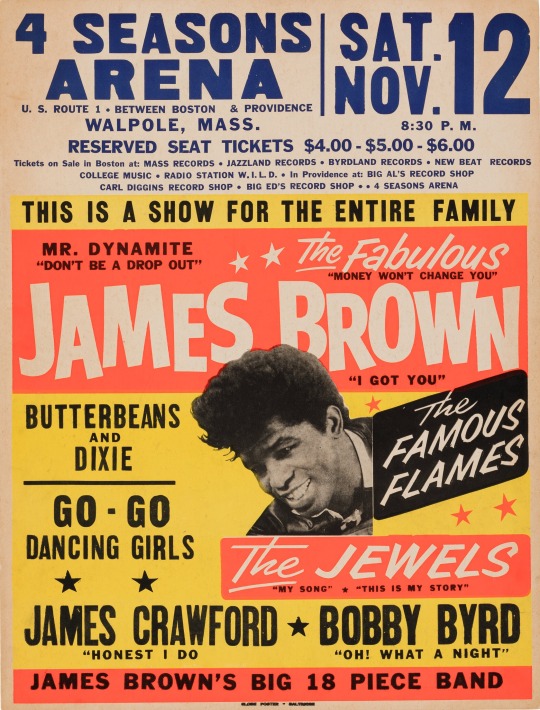
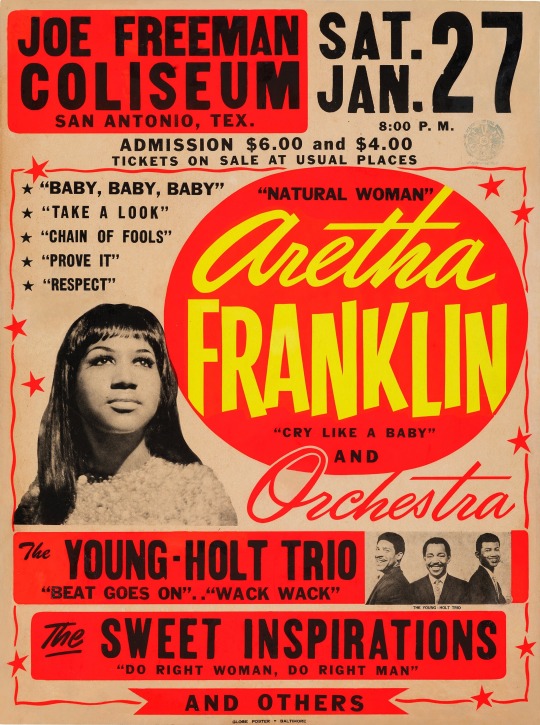
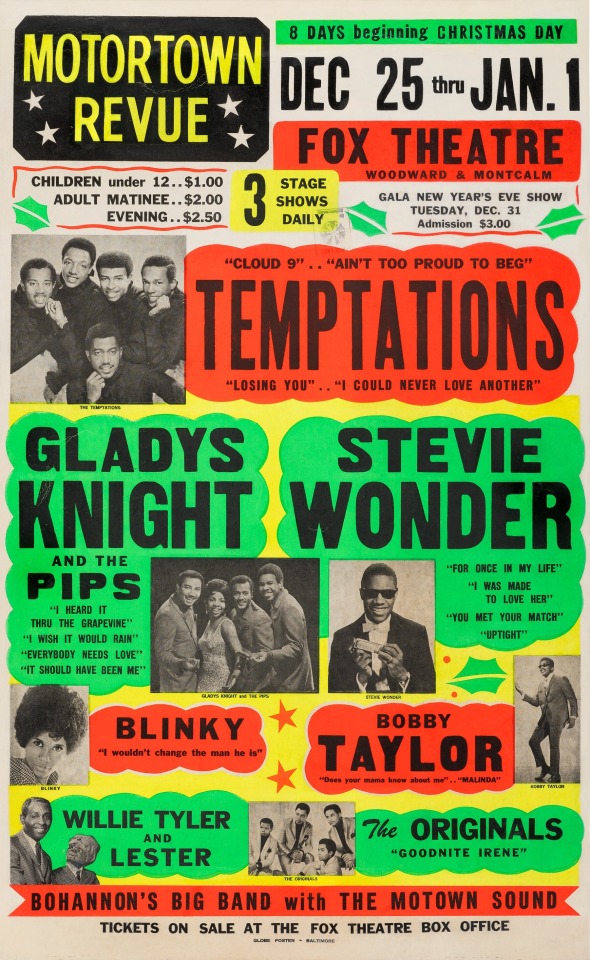
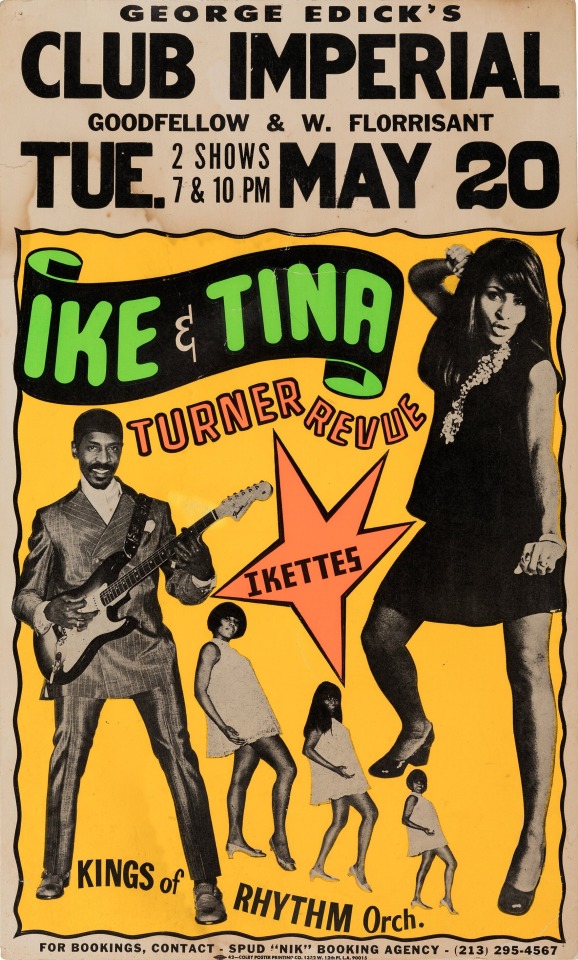
Vintage Concert Posters
Coliseum Ballroom (Davenport, IA) - March 20, 1959
Memorial Auditorium (Chattanooga, TN) - June 13, 1960
Sunset Lake Park (Chesapeake, VA) - July 27, 1963
Encore Ballroom (Seattle, WA) - June 5, 1964
Sweets Ballroom (Oakland, CA) - December 10, 1964
Richmond Arena (Richmond, VA) - January 15, 1965
Four Seasons Arena (Walpole, MA) - November 12, 1966
Joe Freeman Coliseum (San Antonio, TX) - January 27, 1968
Fox Theatre (Detroit, MI) - December 25, 1968 - January 1, 1969
Club Imperial (St. Louis, MO) - May 20, 1969
#1960s music#ray charles#bb king#etta james#sam cooke#marvin gaye#the temptations#stevie wonder#aretha franklin#ike and tina turner#vintage#soul music#blues music#james brown#jackie wilson
579 notes
·
View notes
Text

Sam Cooke, January 22, 1931 – December 11, 1964.
44 notes
·
View notes
Text


267 notes
·
View notes
Text

Ed Sullivan watches singer Sam Cooke performing on “The Ed Sullivan Show” in 1957.
185 notes
·
View notes
Text

A historic moment frozen in time…
Sam performing at the Harlem Square Club in Miami, FL — January, 1963.
#blacktumblr#black history#black liberation#african history#nodeinoblackbusiness#buy black#sam cooke
47 notes
·
View notes
